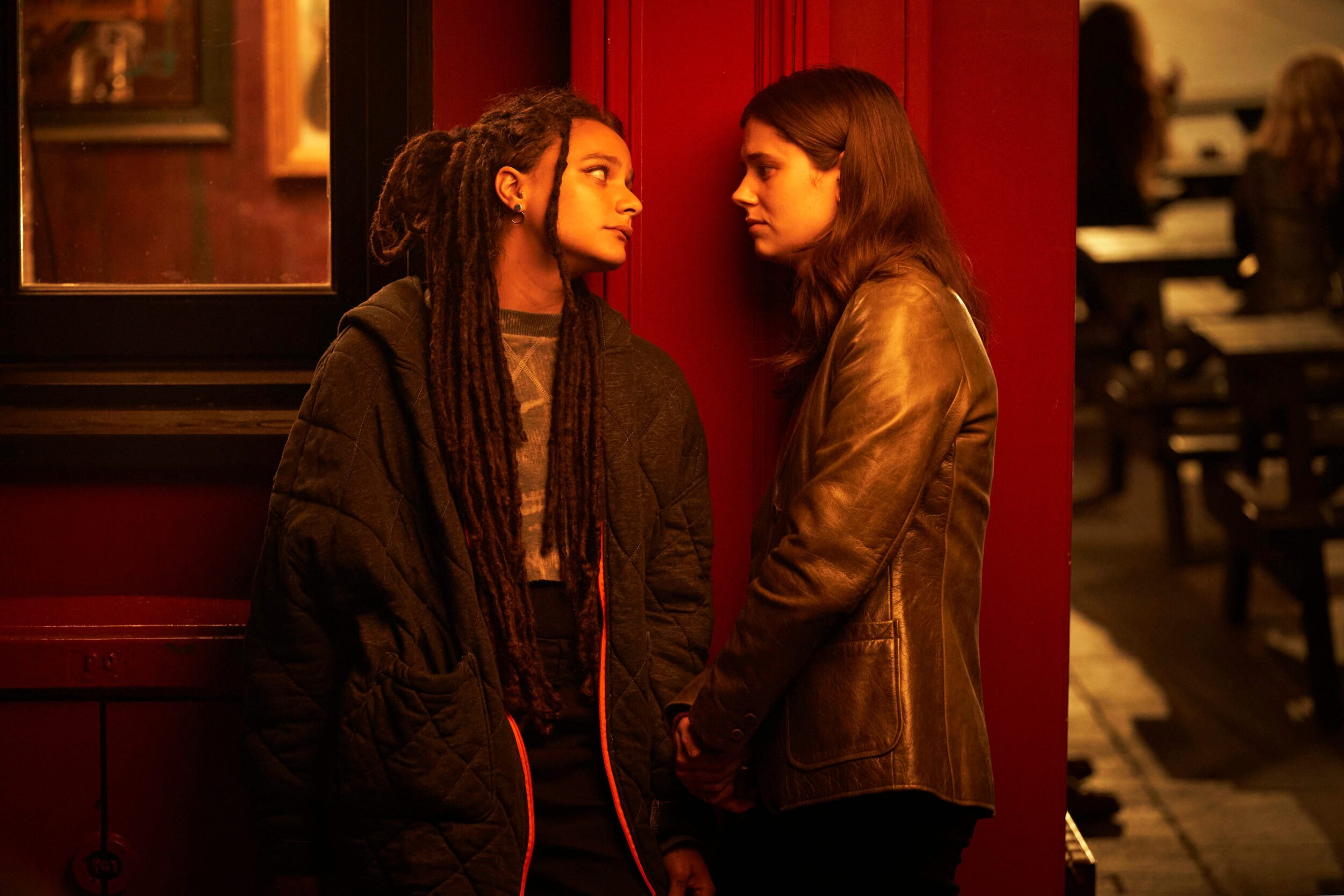Relationships 2.0
Settling into an indefinable relationship, experiencing polyamory or trying not to fall in love with your sexual friend … Does he talk to you? However, it’s not about your love life, but about the plots of Sally Rooney’s novels. Critically acclaimed and described as the voice of a generation, capable of providing an enlightened and correct commentary on modern relationships, the Irish author made love and the difficulties that accompany the central subject of her works.
Without ever judging the choices of his characters, Sally Rooney portrays the complexity of our romantic relationships and how they collide with modern injunctions of detachment, rationalization and freedom. Having multiple partners, freely assuming one’s sexual orientation and exploring one’s sexuality: as many subjects as Normal people, Conversations with friends Where is it Beautiful world, where are youaddress in bulk.
Freely addressing issues of desire, first times, but also subjects that are still taboo such as endometriosisSally Rooney’s works are firmly rooted in their time, that of young adults in the throes of sex, the end of love in the traditional sense of the term and the redefinition of commitment.

Privileged love
All the characters are not the same in Sally Rooney, however, and this creates turbulence.
By comparing different social classes, the author illustrates how our privileges stand between us ; while some of its heroes and heroines belong to an intellectual and urban petty bourgeoisie, others come from more disadvantaged backgrounds and, although class defectors, sometimes encounter financial difficulties.
Vectors of shame and misunderstanding, these differences in means are the basis of profound misunderstandings : in Normal people, unable to confess his precariousness to his partner and not daring to ask her to be hosted, Connell escapes Marianne without explanation, involuntarily putting an end to their story. To these different social backgrounds is also added Conversations with friends an age difference, since Frances, twenty-one, is in a relationship with a married man over the age of thirty. “Things and people have evolved around me, belonging to obscure hierarchies and systems that I did not know and that I would never know anything about,” she analyzes.
While her characters awkwardly try to dominate each other, Sally Rooney reminds us that love is always above all a subtle and shifting relationship of strength and power. Locked in a priori fixed social identities, the protagonists can only try to build bridges between them and themselves without much success.

From the impossibility of saying things to each other
The real leitmotif of Sally Rooney’s works therefore remains the lack of communication that characterizes our love relationships.
Punctuated by heavy silences, the series Normal people And Conversations with friends they are loaded with unspoken things. From their refusal to verbalize their feelings to the lies that keep them apart, characters continually struggle to find their words and their accounts lack authenticity; they are unable to show themselves vulnerable or ask for helpas shown by the scene in which Frances thinks she is having a miscarriage, but does not dare to tell her partner.
Also remember Sally Rooney the ambivalent role that technology plays in these interactions: if it allows us to open up more easily, it also offers the possibility of staging a better, bolder and more seductive version of ourselves. “I wanted to kiss you. I hope it wasn’t shown too much, “Nick wrote to Frances late at night.
This the opposition between digital and reality is a reflection of the exploded identities of the author’s heroes and heroineswho carefully cultivate a reputation that is completely at odds with their inner self: while Frances, Marianne or Bobbi are cynical to hide their desire to be loved, Connell or Nick, meanwhile, seem prisoners of an apathy that prevents them to surrender.
Sally Rooney then puts her finger on it the way we have learned to compartmentalize our feelings to empty them of their hold on usat the risk of no longer being able to establish connections.
His works make self-disclosure the only way to free oneself from these artificial relationships of domination: it is only when they drop the masks that Frances, Bobbi, Marianne, Connell and Nick are able to love each other serenely. “You have to experience certain things before you can understand them,” concludes Frances. “You can’t always analyze everything.”
Wouldn’t it be time in 2022, Sally Rooney seems to ask us, to tell us that we simply love each other?
Source: Madmoizelle
Lloyd Grunewald is an author at “The Fashion Vibes”. He is a talented writer who focuses on bringing the latest entertainment-related news to his readers. With a deep understanding of the entertainment industry and a passion for writing, Lloyd delivers engaging articles that keep his readers informed and entertained.




